Téa Obreht
in conversation with R.O. Kwon
Recorded May 30th, 2020
Share this event
Téa Obreht in conversation with R.O. Kwon
Saturday, May 30, 2020
Share this with someone who loves books.
Téa Obreht’s new novel, Inland: A Novel, is an imaginatively mythic journey across the American West that was named one of the best books of the 2019 by publications including Time, The Washington Post, Entertainment Weekly, Esquire, Kirkus Reviews, Library Journal and BookPage.
Her first novel, The Tiger’s Wife, was a finalist for the National Book Award and winner of the 2011 Orange Prize for Fiction. An international bestseller, it has sold over a million copies worldwide, with rights sold in 37 countries.
Téa was a National Book Foundation 5 Under 35 honoree and was named by The New Yorker as one of the twenty best American fiction writers under forty. She was the 2013 Rona Jaffe Foundation fellow at the Cullman Center for Scholars and Writers and was a recipient of the 2016 National Endowment for the Arts fellowship.
She was born in Belgrade, in the former Yugoslavia, in 1985 and has lived in the United States since the age of twelve. She currently lives in New York City and teaches at Hunter College.
R.O. Kwon’s nationally bestselling first novel, The Incendiaries, is being translated into seven languages. Named a best book of the year by over forty publications, The Incendiaries received the Housatonic Book Award and was a finalist or nominated for seven other prizes, including the National Book Critics Circle John Leonard Award for Best First Book and Los Angeles Times First Book Prize. Kwon’s next novel, as well as an essay collection, are forthcoming.
R.O’s writing has appeared in The New York Times, The Guardian, The Paris Review, NPR, and elsewhere. She has received fellowships and awards from the National Endowment for the Arts, Yaddo, MacDowell, the Bread Loaf Writers’ Conference, and the Sewanee Writers’ Conference. Born in Seoul, Kwon has lived most of her life in the United States.
“ We go forward a little bit and then we fall back. We make some progress but also revert in these horrific ways to things we’ve been fighting against for hundreds of years.”
– Tea Obrcht, Interview, The Guardian, 08.24.2019
Téa Obreht was born in Belgrade, in the former Yugoslavia, and grew up in Cyprus and Egypt before eventually immigrating to the United States.
Her debut novel, The Tiger’s Wife, won the 2011 Orange Prize for Fiction, and was a 2011 National Book Award finalist and an international bestseller. Her work has been anthologized in The Best American Short Stories and The Best American Non-Required Reading, and has appeared in The New Yorker, Harper’s, The Atlantic, Vogue, Esquire and Zoetrope: All-Story, among many others.
She was the recipient of the Rona Jaffe fellowship from the Dorothy and Lewis B. Cullman Center for Scholars and Writers at the New York Public Library, and a 2016 fellowship from the National Endowment for the Arts. She was a National Book Foundation 5 Under 35 honoree, and was named by The New Yorker as one of the twenty best American fiction writers under forty. She lives in New York with her husband, and teaches at Hunter College.
R.O. Kwon’s nationally bestselling first novel, The Incendiaries, is being translated into seven languages. Named a best book of the year by over forty publications, The Incendiaries received the Housatonic Book Award and was a finalist or nominated for seven other prizes, including the National Book Critics Circle John Leonard Award for Best First Book and Los Angeles Times First Book Prize. Kwon’s next novel, as well as an essay collection, are forthcoming.
R.O’s writing has appeared in The New York Times, The Guardian, The Paris Review, NPR, and elsewhere. She has received fellowships and awards from the National Endowment for the Arts, Yaddo, MacDowell, the Bread Loaf Writers’ Conference, and the Sewanee Writers’ Conference. Born in Seoul, Kwon has lived most of her life in the United States.
Visit the Book Passage website to have any of Téa’s books delivered right to your door.
You’re sure to enjoy these Book Passage favorites:
Get ready to join Téa in conversation, Saturday May 30th.
In the meantime, we invite you to take a moment now to help shape this upcoming conversation.
Check out the list of questions submitted by other registered attendees, and then vote to support any that match your interests.
Feel free to add your own question. Then spread the word to make sure others have the chance to help move your question to the top of the shared list.
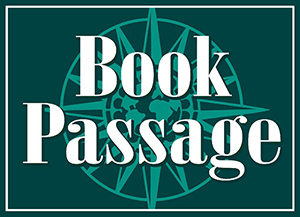
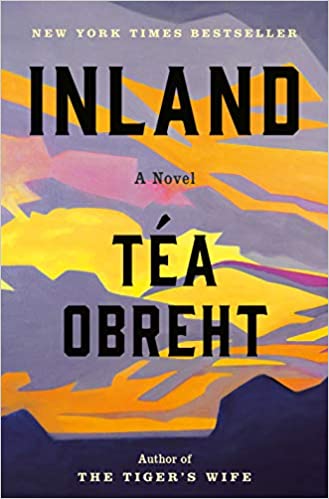

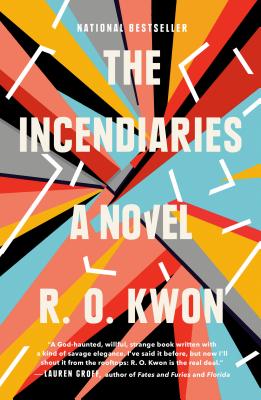
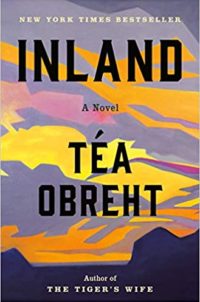
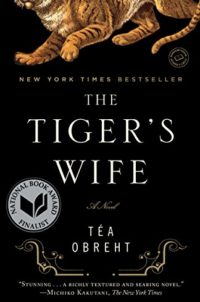
votes